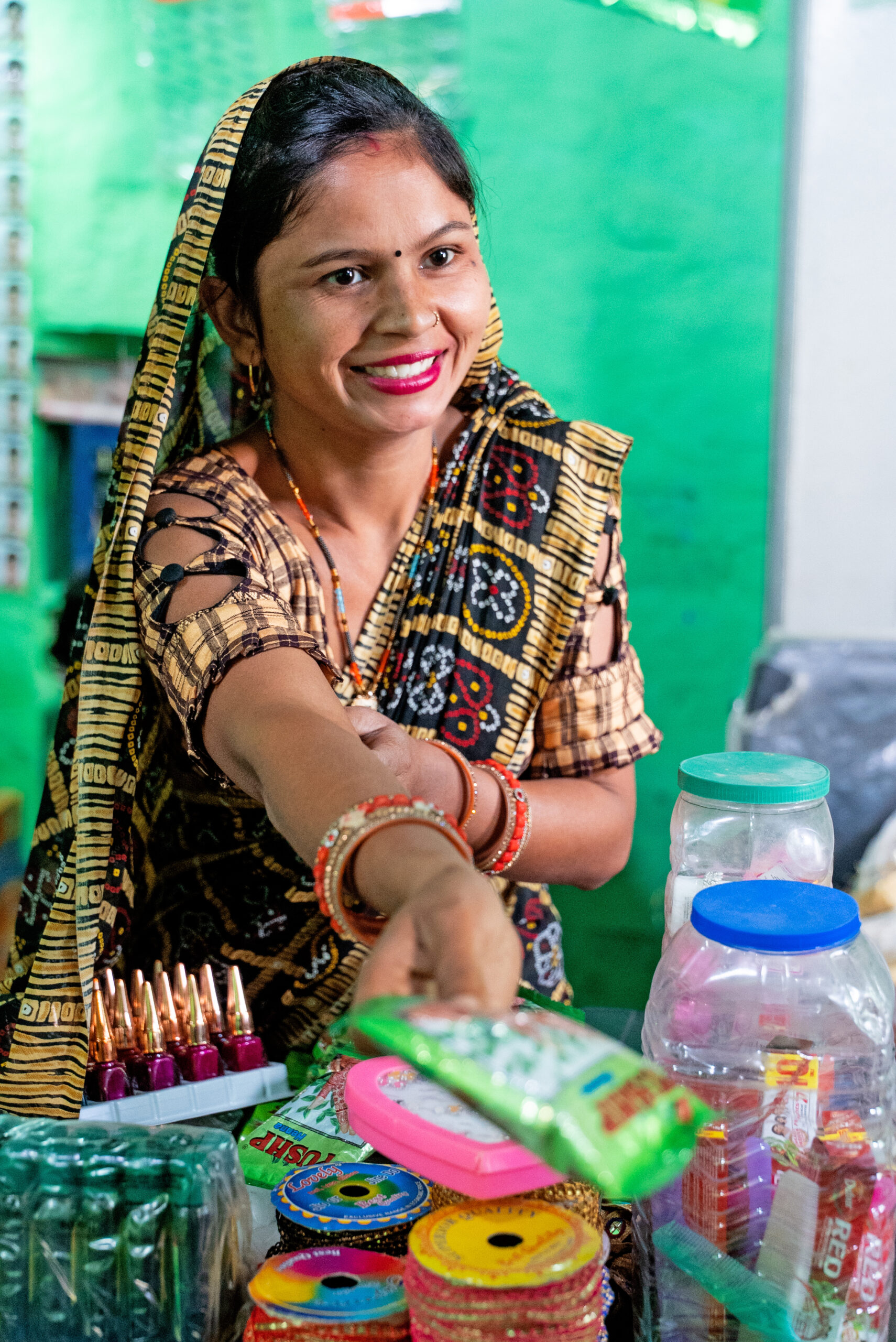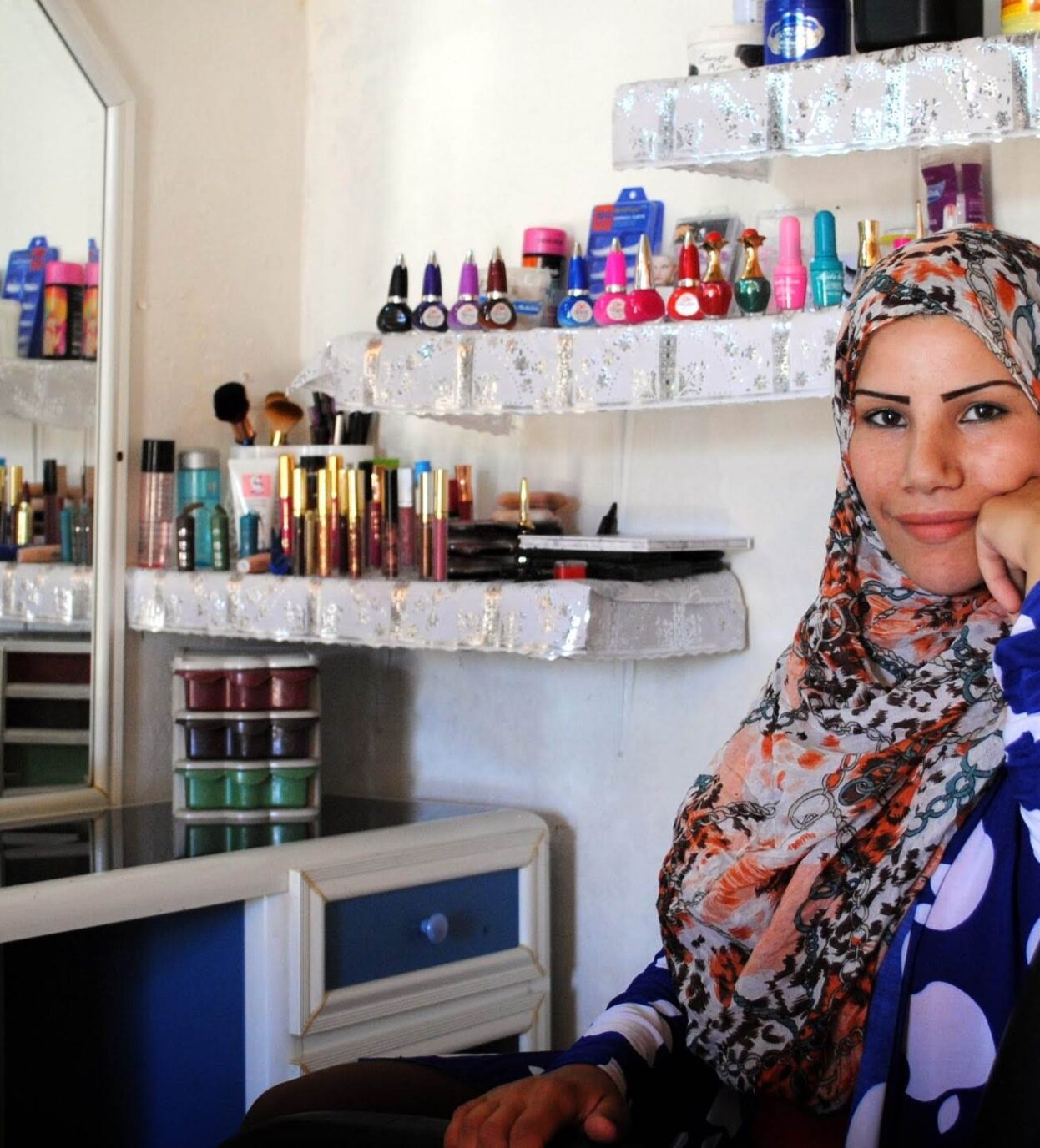Abler Nordic
Formerly Nordic Microfinance Initiative (NMI)
Abler Nordic invests in financial institutions and other companies that contribute to financial inclusion in Africa and Asia, primarily by taking significant ownership stakes in unlisted companies. Through board representation and strong collaboration with the management, Abler Nordic exercises active ownership in order to achieve its ownership agenda. Abler Nordic works to give low-income people in develping countries access to a broad range of financial services in a sustainable way. Its aim is for its investments to deliver both robust social and financial results.
Abler Nordic was set up in 2008 on the initiative of Johan H. Andresen in order to put in place a public-private collaboration in Norway. Abler Nordic today has private and public sector investors from Norway and Denmark, and manages a capital base of over NOK 3 billion. Ferd is a minority owner of the management company and a substantial investor in all four of Abler Nordic’s funds.

